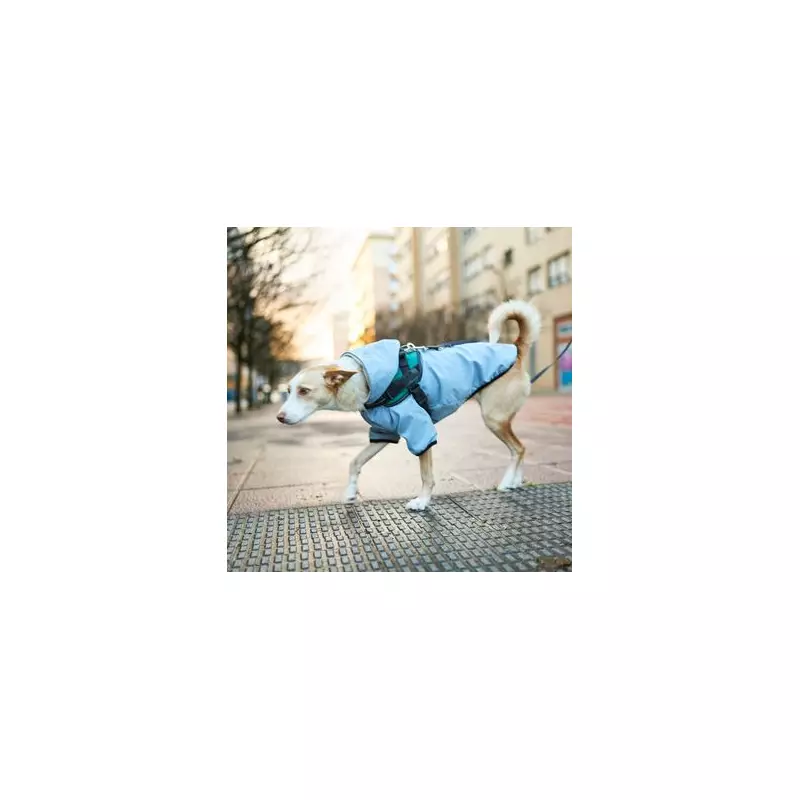
As a severe cold snap grips the nation, a leading UK veterinary charity has issued crucial advice to help dog owners protect their pets from the winter chill. The People's Dispensary for Sick Animals (PDSA) has revealed three key tips to ensure canine companions stay healthy, happy, and active despite the plummeting temperatures.
Dress Your Dog for the Weather
One of the most straightforward yet effective measures is investing in a well-fitted dog coat. PDSA vets emphasise that this simple accessory is not just a fashion statement but a vital piece of winter gear for specific dogs. Breeds with thinner coats, along with very young puppies and older dogs, are particularly susceptible to the cold and can benefit greatly from the extra insulation.
The charity advises that the need for a coat varies depending on the dog's breed, age, and fur thickness. Owners should be vigilant for signs their pet is feeling the cold, such as shivering, moving more slowly than usual, or whining excessively while outdoors. Using a coat in these circumstances can significantly reduce the risk of hypothermia.
Adjust Your Walking Routine
The traditional long walk may need a winter rethink. The PDSA strongly recommends opting for shorter, more frequent walks during the colder months. This strategy helps maintain your dog's activity levels without forcing them to endure prolonged exposure to freezing conditions.
By breaking up exercise into smaller sessions, you provide your pet with more opportunities to return indoors to warm up, preventing them from getting too cold during a single extended outing. This balanced approach is key to keeping them active while prioritising their wellbeing.
Boost Indoor Enrichment and Play
When the weather is particularly harsh, turning your attention indoors can be a game-changer. The PDSA suggests incorporating a variety of indoor games and activities to keep your dog mentally and physically stimulated.
Excellent options include using snuffle mats, puzzle games, hide and seek, and tug of war. These activities are brilliant for burning off pent-up energy that would normally be expended on longer walks. This not only prevents boredom but also ensures your dog remains in good physical condition even when outdoor time is limited.
The PDSA concluded that with these few small changes, your dog can safely navigate the winter season. Proactive owners can ensure their four-legged friends remain active, warm, and healthy throughout the coldest part of the year.






